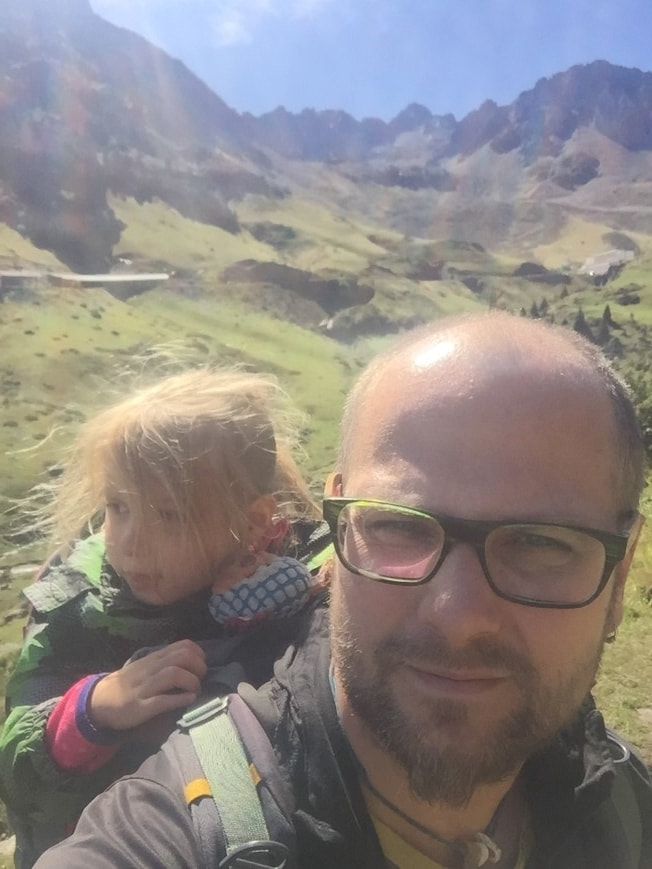Ecohydrology investigates how hydrological processes control ecological dynamics that effect hydrological processes that control ecological dynamics that effect …..
Ecohydrology to me represents a melting pot where interdisciplinary expertise in hydrology, ecology, biogeochemistry and system dynamics is integrated and applied to contextualize and study how physical and biological processes interact in nature. Over the last couple of decades ecohydrologists have emerged as a special breed of translators between disciplinary experts, advancing the understanding of biotic and abiotic process interactions by new interdisciplinary analysis approaches.
What are your undergraduate and graduate degrees in?
I have a Diploma in Geoecology from the University of Potsdam, Germany with a dissertation at the Leibniz Institute of Freshwater Ecology and Inland Fisheries (IGB) Berlin on modelling the development of preferential flow in the vadose zone. I also hold a PhD in Hydrology from the University of Potsdam, where I investigated the impacts of landuse changes on water resources and quality in intensively used lowland catchments.
How did you arrive at working in/thinking about ecohydrology?
In a very naïve way, I always wanted to understand how nature works and I loved spending a lot of time outdoors and traveling. I wanted to know why that hold in the rockface broke loose and if maybe the lichen growing along the cracks in the rock could have given me a clue, why there were biofilms growing on some of the rocks in the river but not others, making them incredibly slippery, why certain trees are much better suited to start a fire and why that stupid fish didn’t go for my bait. Studying Geoecology gave me the chance to explore a broad portfolio of subjects and I am still trying to find my way.
What do you see as an important emerging area of ecohydrology?
Ecohydrology (like most of the hydrological sciences) has to a large degree focused on exploring process dynamics in rather rural, only moderately altered ecosystems. I am fascinated by the development of ecohydrology research in heavily urbanized and modified spaces. I also enjoy following the fast growing body of research on multi-stressor interactions, causing non-linear system responses, in particular, if this includes the study of ecological impacts on physical and biogeochemical process dynamics.
Do you have a favorite ecohydrology paper? Describe/explain.
There are too many papers that have fascinated me and shaped my understanding of Ecohydrology to mention just one; but there is one book that I always give PhD students to read who start working on groundwater – surface water interfaces in my group: “Streams and Groundwater” by Jones and Mulholland.
What do you do for fun (apart from ecohydrology)?
I still enjoy spending as much time as I can outdoors, on water, rocks, snow & ice and in the woods, preferably exploring nature together with our 4-year old daughter – who puts everything into a very different perspective and currently snores in our tiny old camper after an exhausting day on the North Devon coast.

 RSS Feed
RSS Feed